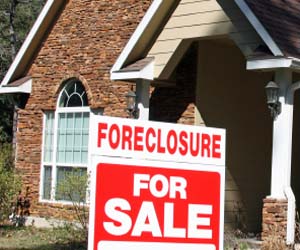
The Village at Reflection Lake Nantahala
Enjoy the amazing view of the mountains and lake at The Village at Reflection Lake Nantahala. Construction is underway on the first home, and there are now only 11 opportunities left to buy your dream home!
Reflection offers customizable cabins in a private gated community with upscale amenities, all priced from $94,900 to $129,900. Plus, the community is a tranquil retreat that is still easily accessible from Charlotte, Greenville and many other metropolitan cities.
This summer, until September 30, potential home buyers can enjoy a day at the lake by scheduling a visit.
“We’d like to invite you to join us for a day at the lake,” stated Jon Flaig, developer. “We are so confident that you will find great value and lifestyle at The Village, we bet you will want to build your dream vacation home and come back every season.”
The day at the lake includes:
-Lunch at the Lakes End Diner (home of the famous Bigfoot burger)
-Boat tour of the lake
-Tour of available lots
-$25 gas card
Plus, potential buyers also get a chance to win a weekend at the lake this fall, in a cabin that sleeps up to 14!
To schedule a visit, call 866-218-8439 or go to www.lakenantahalareflection.com/thevillage.

 After a day spent fishing, boating, swimming, hiking, mountain biking and rafting at Lake Nantahala, you’ll be ready to eat like Bigfoot! Anticipating hungry diners, the Lakes End Diner has come up with the perfect solution for the ravenous appetite worked up from recreation at The Village at Reflection Lake Nantahala.
After a day spent fishing, boating, swimming, hiking, mountain biking and rafting at Lake Nantahala, you’ll be ready to eat like Bigfoot! Anticipating hungry diners, the Lakes End Diner has come up with the perfect solution for the ravenous appetite worked up from recreation at The Village at Reflection Lake Nantahala.
